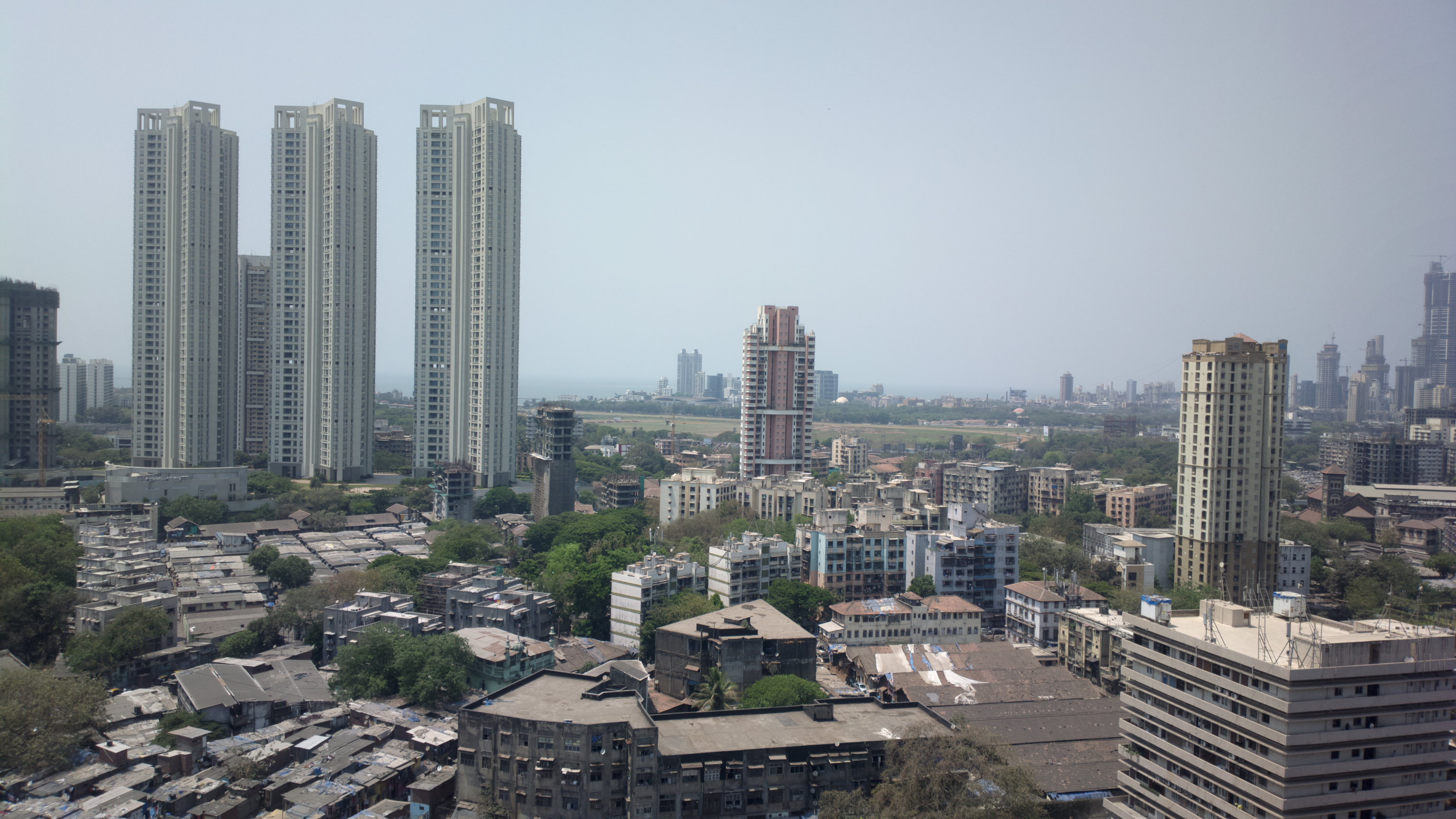The Indian financial year draws an end on March 31, 2019, and the Real Estate sector is in pandemonium. Renters have started hunting houses while some of them are renewing their contracts. Developers are tallying accounts and finishing their audits. With the time of filing IT returns nearing, buyers are busy in getting their documents ready.
What does the new financial year have in store for you, if you are planning to sell an apartment, buy a home for the first time, or invest in a second property? Experts have offered different predictions based on their analysis.
The Influence of General Elections
The fate of Real Estate cannot be detached from the general elections ahead. According to the Executive Director of an international Real Estate Consultant, the buyer should wait until the poll results if the individual desires to purchase a home now.
The reason behind this wait is the possibility of property sale policies to change as a result of a strong coalition government after the election. As elaborated by him, one party supports minting profits to developers while the other party is in favour of reducing prices through the introduction of policy reforms then they will have to reach a conclusion, which cannot be guaranteed of being helpful for home buyers.
The realty sector won’t remain in the shadow cast on it by the elections, for a long period since the sales are fewer during this time span when developers prefer selling unsold stock to launching new projects as pointed out by an expert. Thus, the buyers can make the most of this time by bargaining hard.

Increasing Unsold Inventory Might Cause Prices to Dampen
In the words of the Managing Director of a realty research organization, the willingness in developers to negotiate prices is a new trend to be noticed. Inflated prices of inventories are depriving them of takers that in turn has pushed the sellers to dwindle the prices. He further added that the reduction of home prices though marginally is inevitable, due to the liquidity crunch.
Do you wish to purchase a home for gaining high returns on investment in the following 3 to 4 years? This is not the appropriate time to splash out on a flat as recommended by a realty specialist since the adverse effect of the current liquidity crisis won’t allow the prices to appreciate during the time expected by the buyer.
But do not sit back if you are buying a house for the first time or investing in a relatively spacious home than the existing one. Make the most of the benefits that are available at present.
Various incentives are also being offered by builders to prompt the demand of buyers during the prevalent NBFC (Non-Banking Finance Companies) crisis. Experts suggest that the buyers should check the rates of home loan repayment across different banks. The lending rates have been curtailed by a few banks following the recent reduction in the Repo Rate by the RBI. Stalled projects, added charges of taxes and stamp duty and the fear of construction delays have led to the preference of ready properties that do not attract GST charges.
Besides, the reduction of GST rates from 12% to 5% have been confirmed by the GST Council, which will come into effect from April 1, 2019. This move prior to the general elections aims at benefiting the buyers since the developers have nothing to gain from this.

Is Affordable Housing the Right Choice?
The affordable housing endowed with relatively lower GST rates on under-construction properties and government incentives look alluring but there is a necessity for the buyers to check the location, property type and the track record of the developer. The concept of affordable housing was at the budding stage in the previous 2 to 3 years. But now almost every developer is working on this segment and more of them will venture into this category of the housing between 2019 and 2020. The fact that lesser the price of the property, more remote is the location, has to be kept in mind by the buyer.
The buyer also needs to have proper knowledge of the schemes related to affordable housing as recommended by realty experts. As both the small and big developers are entering this section of residential Real Estate, there are chances that homes not entitled to government incentives may be labelled ‘affordable’ only based on the criteria and size.
The property sales across India, have recorded a growth of 9% on a year-to-year basis measuring a total of 34.6 million square feet area in December 2018. Besides, the GST rates on under-construction properties have also slashed from 12% to 5%.
A decline in the launch of new projects and the rate of growth in the Real Estate sales went hand in hand in December, the previous year. This combined effect has resulted in an increase in the inventory. As figured out by the analysts, unsold inventory that has accumulated despite the rectification will take around 3 years to be sold. The prevailing liquidity crisis has affected new launches recording a fall of 38% on a year-to-year basis while the residential decreased to a total area of 1.25 billion square feet by 10.5%.
How the reduction in GST rates on under-construction properties will impact the sales in the Real Estate sector has to be watched. The move is expected to give mixed reactions as the consumers in the high-priced realty markets in NCR and Mumbai will benefit from this rate cut but the removal of ITC (Input Tax Credit) has influenced the overall property cost in cities like Bengaluru.
Looking for a flat at Rajarhat to invest in a second home? Visit transventor.in for the most appropriate pick from the ample options provided to you for comparing prices and location. We arrange site visits, offer both legal and financial support for a smooth and enriching transaction experience.







